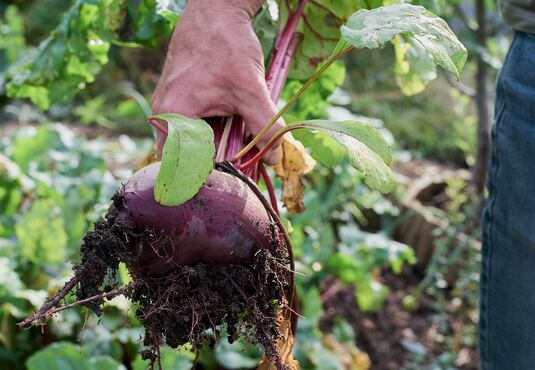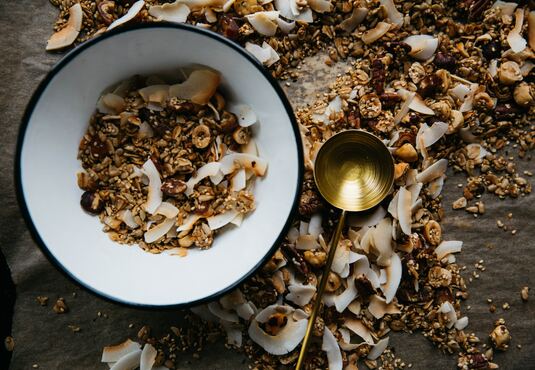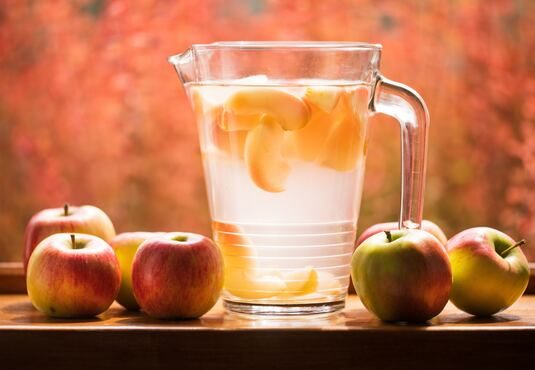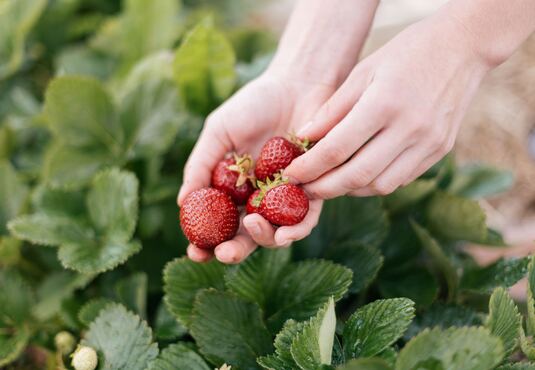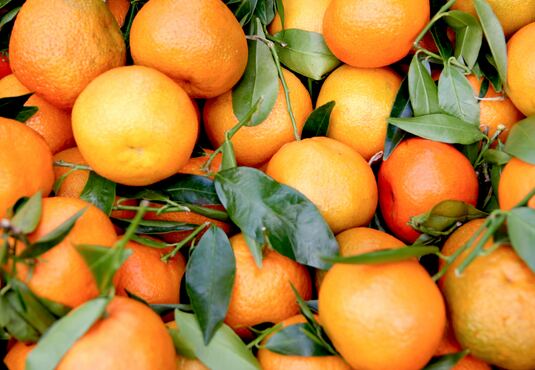
Green tea for an easier fasting time
Fasting is an important part of many religions. All the great religious founders went through renunciation. Jesus retired to fast in the desert for 40 days, Moses climbed Mount Sinai and fasted 40 days before he received God's word and Mohammed fasted before the Koran was revealed to him. Even today there is fasting in all world religions. But regardless of religion, many people today choose to fast regularly or irregularly over the year.
Fasting in the narrower sense is the voluntary renunciation of solid food and luxury foods for a limited time. Among other things, this is intended to increase our productivity and our general well-being. Many people understand fasting as a detoxification of the body. In fact, the body regularly excretes all unnecessary breakdown products from the eaten food and does not store any waste products. Detoxification should therefore be understood more in a figurative sense than physical and psychological relief by renouncing solid food.
By not eating solid food, the focus is primarily on the type of drinks consumed. The minerals and vitamins required for the body are supplied, mostly through vegetable broth, fruit and vegetable juices and teas. Depending on whether it is green, black, herbal or fruit tea, the effect of the tea on the body during fasting can be very important. Nettle Tea is a traditional “fasting tea” but has a strong dehydrating effect. Chamomile tea helps our stomach and our mind.
Because our body reacts much more sensitively to stimulating substances and also because all kinds of "luxury foods" should be avoided during fasting (as well as coffee), green tea plays a special role. Due to the significant reduction in calories, symptoms of fatigue, lack of concentration and circulatory problems often occur, especially at the beginning of the fasting. The caffeine contained in green tea (formerly: Teein) has - unlike the caffeine from coffee - a slower onset, but overall, longer lasting uplifting effect for our mind and body. Therefore, especially for people with low blood pressure, drinking green tea (in small amounts) can positively support the circulation during fasting. In addition, green tea is a real “miracle” due to the polyphenols it contains.
30 to 40 percent of the dry leaf mass of green tea consists of catechins. These bitter substances belong to the class of polyphenols and have strong antioxidant properties against free radicals. They are about 100 times stronger than the well-known antioxidant vitamin C and 25 times stronger than vitamin E. Catechins can help lower cholesterol levels and reduce the formation of atherosclerotic deposits in our body.
Although, from a medical point of view, fasting is not good for weight reduction in the first place (but a possible side effect that usually only lasts for a short time), this deliberate period of food abstinence can very well change our approach and our attitude towards our consumed goods, especially food and drinks. This is a good time to reconsider our eating and consuming behavior and start eating healthier in the long term. With a well-considered, health-promoting selection of beverages, a period of fasting can also provide a valuable load of vitamins, minerals and secondary plant substances.





